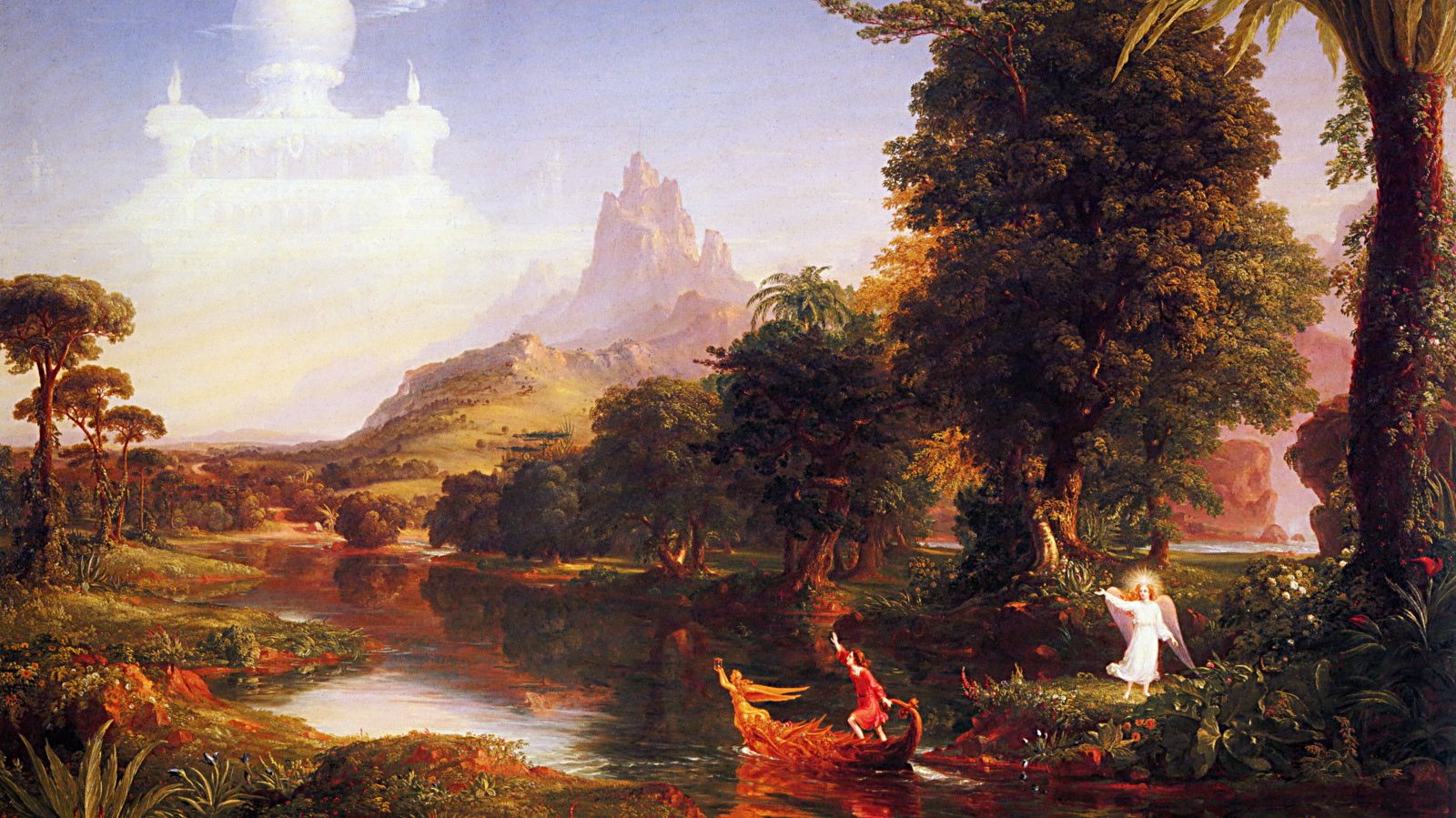A Sonnet’s Beauty
A sonnet’s beauty’s mostly in the planning,
Not in the writing, reading, even saying.
The builder knows it’s in the careful laying
Of foundations ‘fore the brutal sweat of scanning
He finds his glory, Xanadu, still standing.
But watch, the towers’ walls have started swaying,
Bricks bursting, crashing from their heights, and spraying
And all that’s left’s a shallow, buried, landing.
When I consider what might have been, what was,
Though never seen by more forgiving eyes,
How every flame which briefly lit was ripped
To shroud in night my way, I sink, because
With flashing eyes and floating hair I sipped
But could not bare the milk of paradise.
Sonnet 3 II
(after Shakespeare)
Look in your glass and tell the face beheld
The time has come, dear face, to make another
The same as you, don’t swindle from the world
Its only end, nor blessings from a mother.
Show me a wench who’d leave her womb unsown
If you would come to till her field! You love
Yourself and lying in a grave alone
So much? Are your own ends, alone, enough?
You are your mother’s and your mother’s glass,
She sees in you her greener years though grey.
Soon, windows smeared, you too some vibrant grass
Will seek to brighten up a fading day.
He dies who dies alone without a pair,
He lives through death who dies with living heir.
Translation of Sommeil, paisible fils de la Nuit solitaire
Sleep, O peaceful child of lonesome Night,
Alms Father, nourisher of every beast,
Gracious enchanter fading sins to peace,
And, for those spirits blessed, a welcome sight,
God, giving favour to all, all except me,
Why leave me alone? alone charged with this curse?
Even as humid Night drives her blackening hearse,
Whose horses play in ordinary grace and glee?
Where is thy silence? where is thy rest and calm?
Thy dreamings floating like some heavy clouds,
Washing with waves of forgetfulness our cares?
O brother of death, that I could bring thee harm!
I’ve been calling thee for help, thou art sleeping sound
As I, alert, burn in thy frozen fears.
—
(untitled) by Philippe Desportes (1546 – 1606)
Sommeil, paisible fils de la Nuit solitaire,
Père alme, nourricier de tous les animaux,
Enchanteur gracieux, doux oubli de nos maux,
Et des esprits blessés l’appareil salutaire :
Dieu favorable à tous, pourquoi m’es-tu contraire ?
Pourquoi suis-je tout seul rechargé de travaux,
Or que l’humide nuit guide ses noirs chevaux,
Et que chacun jouit de ta grâce ordinaire ?
Ton silence où est-il ? ton repos et ta paix,
Et ces songes volant comme un nuage épais,
Qui des ondes d’Oubli vont lavant nos pensées ?
Ô frère de la Mort, que tu m’es ennemi !
Je t’invoque au secours, mais tu es endormi,
Et j’ards, toujours veillant, en tes horreurs glacées.
Alex McKeown’s poetry has appeared in paper wasp, 7×20 and Windfall: Australian Haiku. His translations of Guillaume Apollinaire have appeared in Ezra.
Featured Image: “The Voyage of Life: Youth” by Thomas Cole















Sonnet 3 here is especially fine – I love using the classics as models as the basis for the modern re-writes/updates which are possible. Well done – really good stuff.